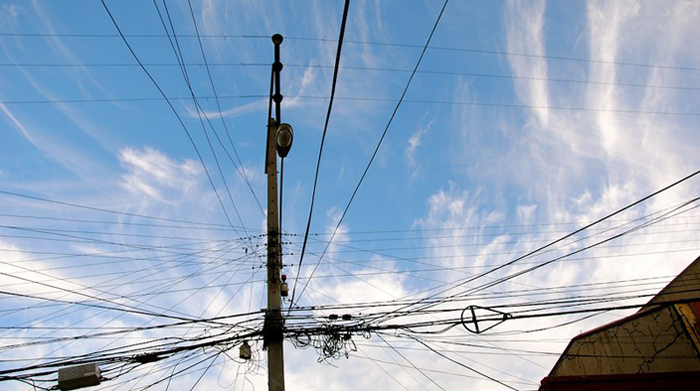Maximizing Internet Reliability During Emergencies

Image courtesy of ihougaard under Attribution-NonCommercial-NoDerivs 2.0 Generic License, resized to 700 x 391 pixels.
Optimal internet reliability is always critical for utilities, but it is especially critical during emergency operations. When offline, basic things like communicating with customers and employees, reporting and analysis, and assessing damage become impossible, which obviously hinders response and recovery operations.
Luckily, there are some things that can be done in advance to prepare for and minimize internet downtime, and although it’s really I.T.’s job to implement these suggestions, it certainly doesn’t hurt to become familiar with them yourself, as you never know when I.T. might be out of reach!
Tips to Maximize Internet Reliability
Internet failures can occur for a variety of reasons – for example, internet service provider (ISP) outages, physical infrastructure damage, and even a cyberattack can bring operations to a virtual halt. Obviously, when it goes down, the main objective is to resolve the issue as quickly as possible so “normal” operations can resume. Here is some food for thought on this from Broadband Communities:
- Diversify ISPs: Having multiple ISPs can mitigate the risk of a provider-specific outage. Simply put, if one ISP goes offline, another can take over so there is no downtime.
- Diversify connection types: Using various types of internet connections (i.e., cable, wireless, fiber, etc.) offers an additional layer of redundancy, so when one connection type fails another can essentially take its place. This tip is particularly useful when physical damage to infrastructure is the root cause.
- Utilize advanced configurations: There are several configurations that utilities can choose to provide a built-in failover. One is “active-active” which enables the simultaneous use of multiple internet connections. Another is “active-passive” which entails a primary connection and a backup which activates when the primary fails. Yet another option is Bidirectional Quality of Service (QoS), which prioritizes failover tactics by focusing first on the most essential systems and applications.
- Utilize intelligent software: This refers to the deployment of software that is able to detect an internet outage in real time and automatically trigger the failover response without the need for manual intervention.
So, there you have it – a few expert tips on preparation activities designed to maximize internet reliability during both blue-sky days as well as emergency situations.



